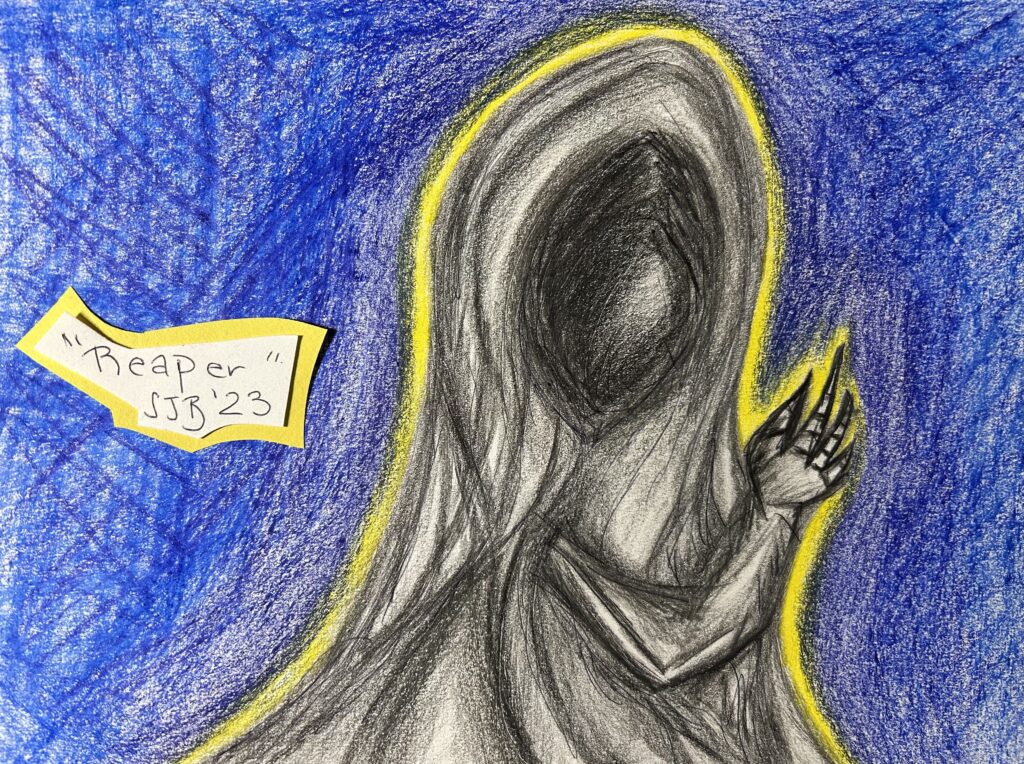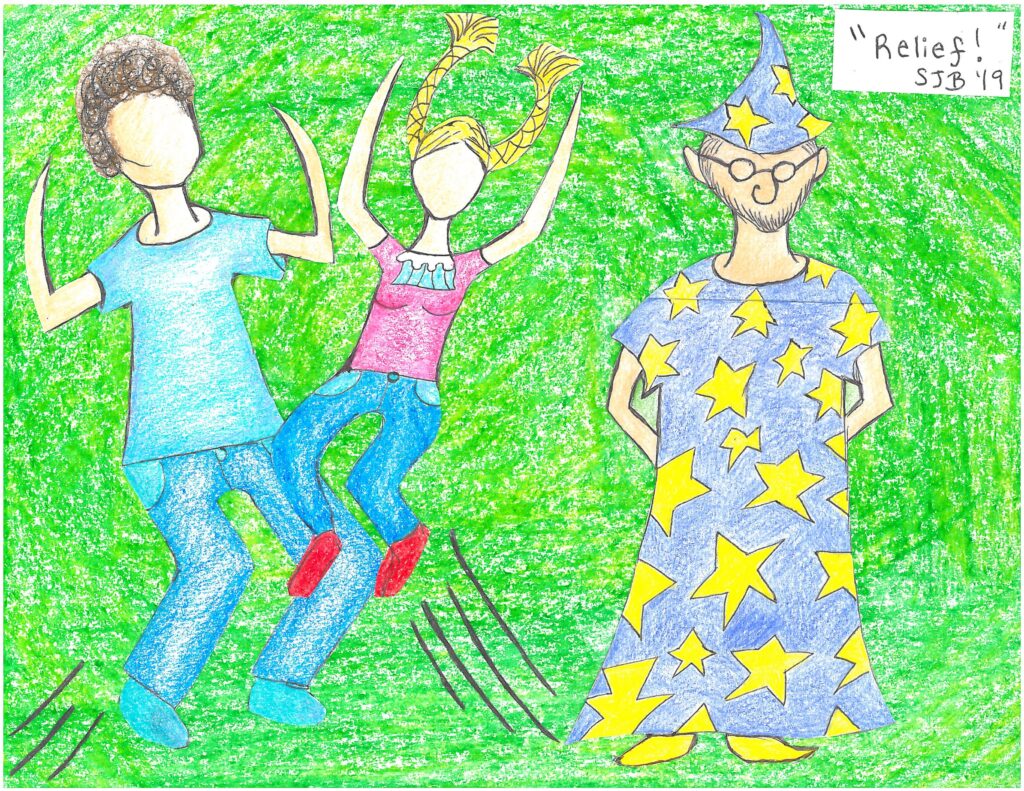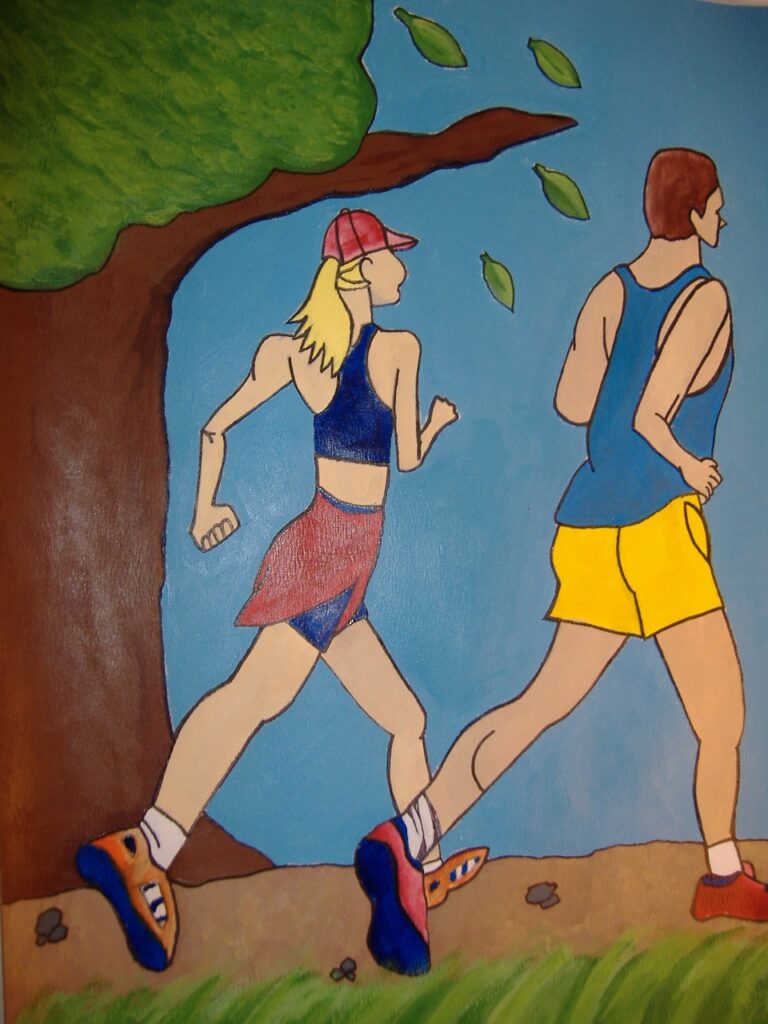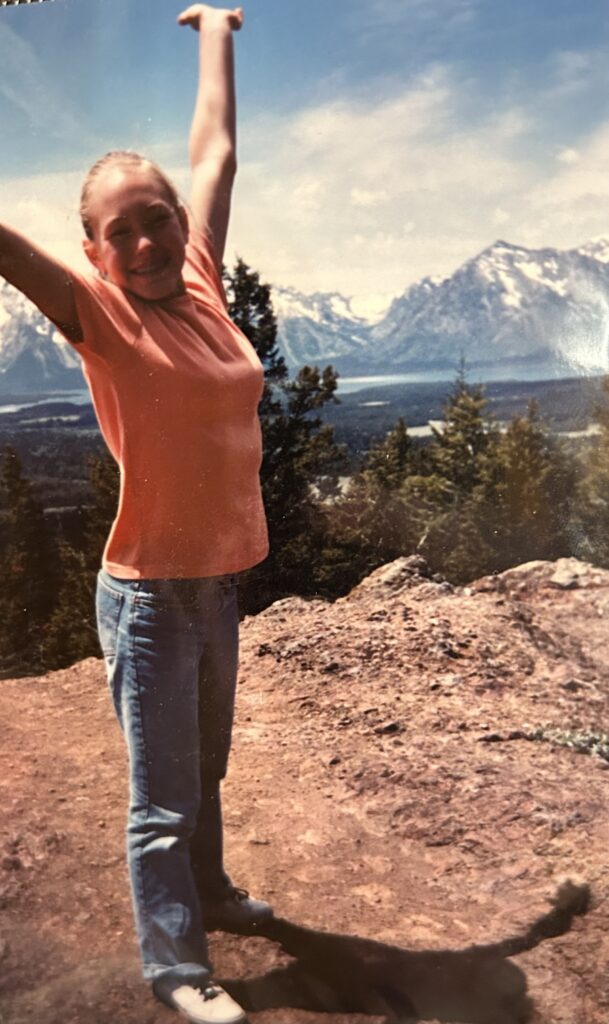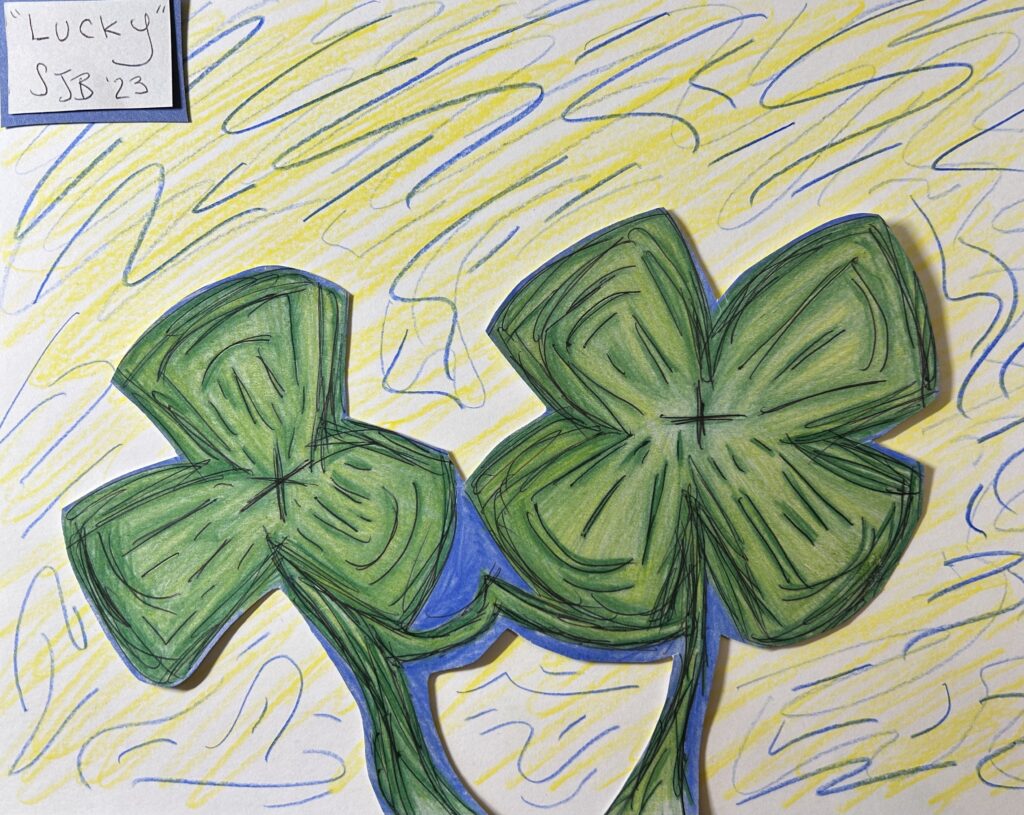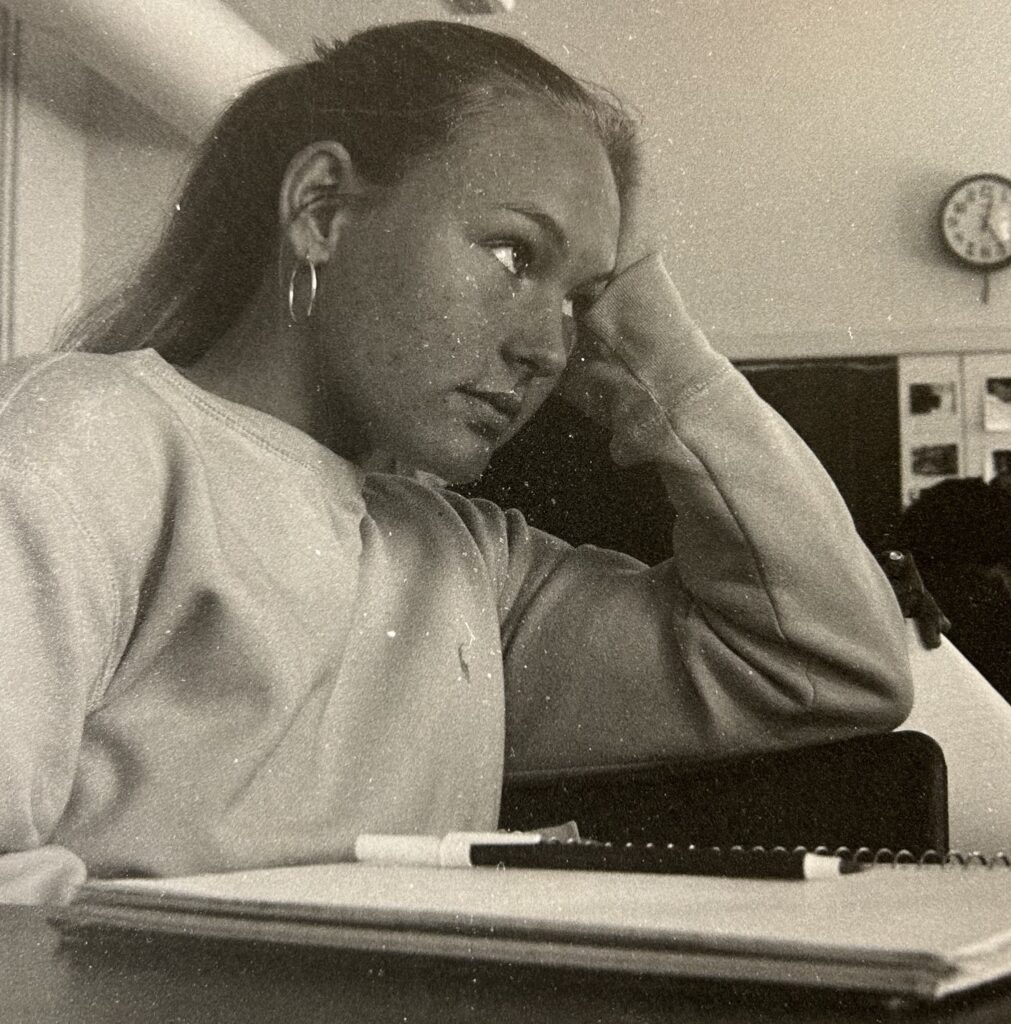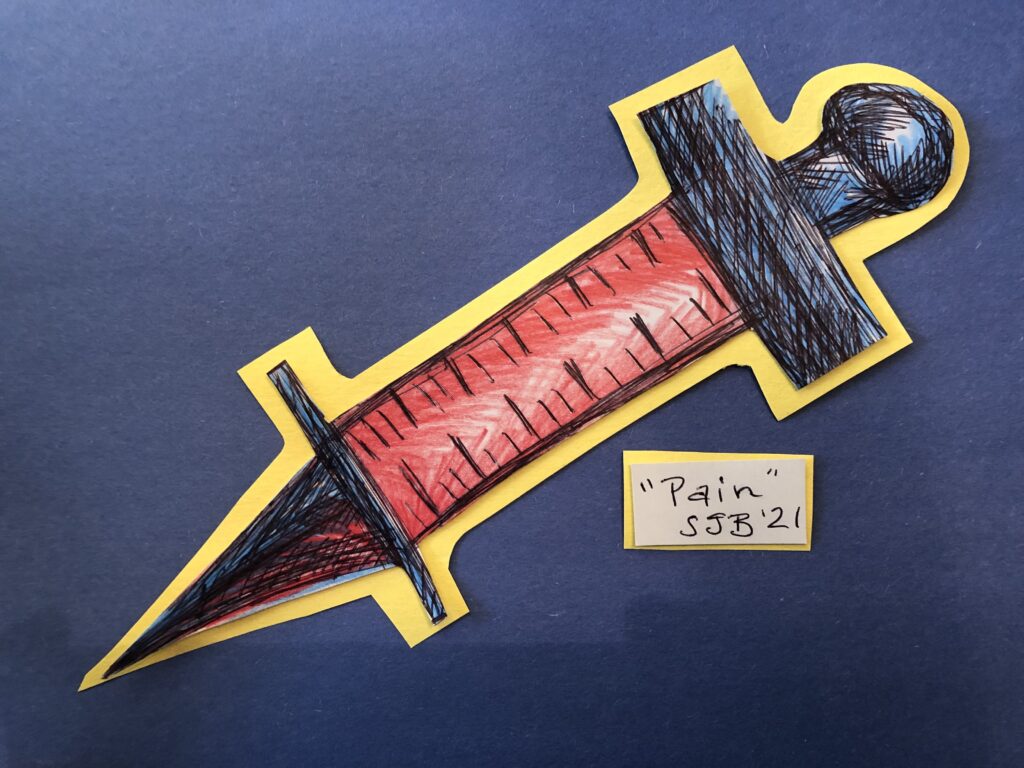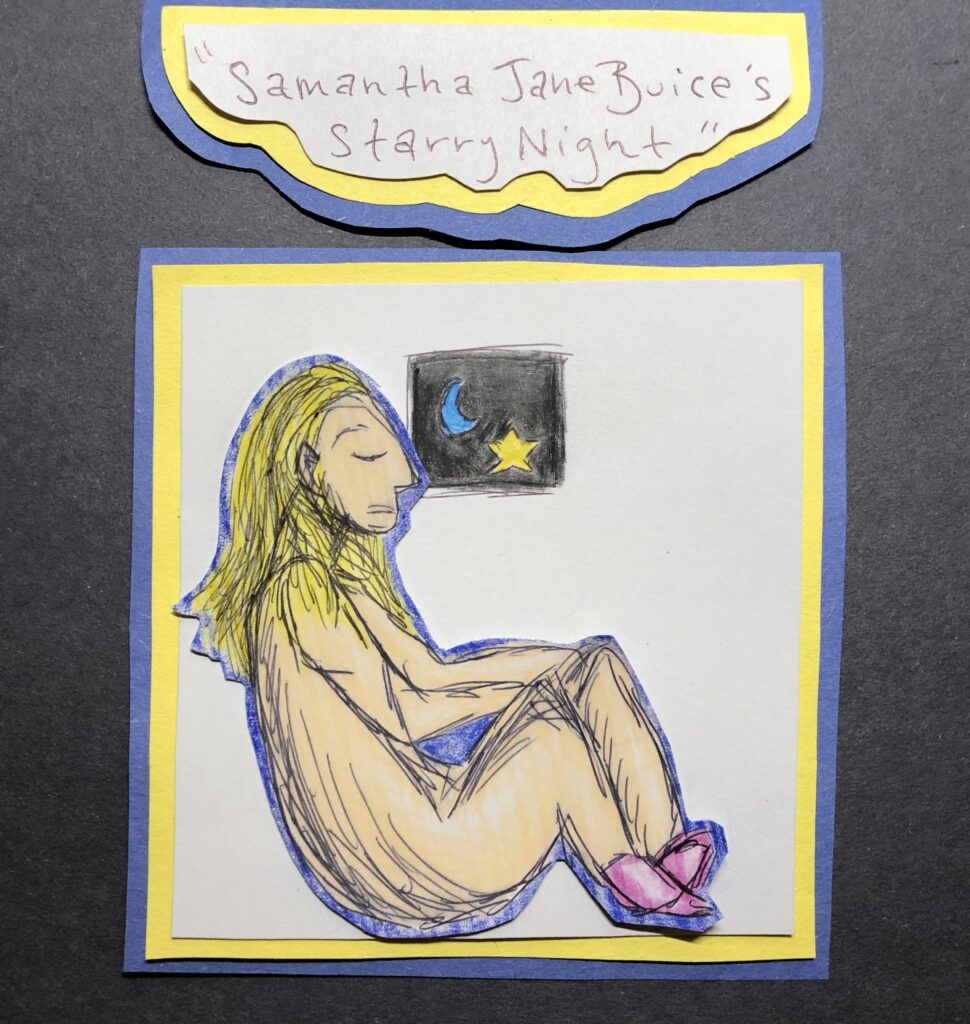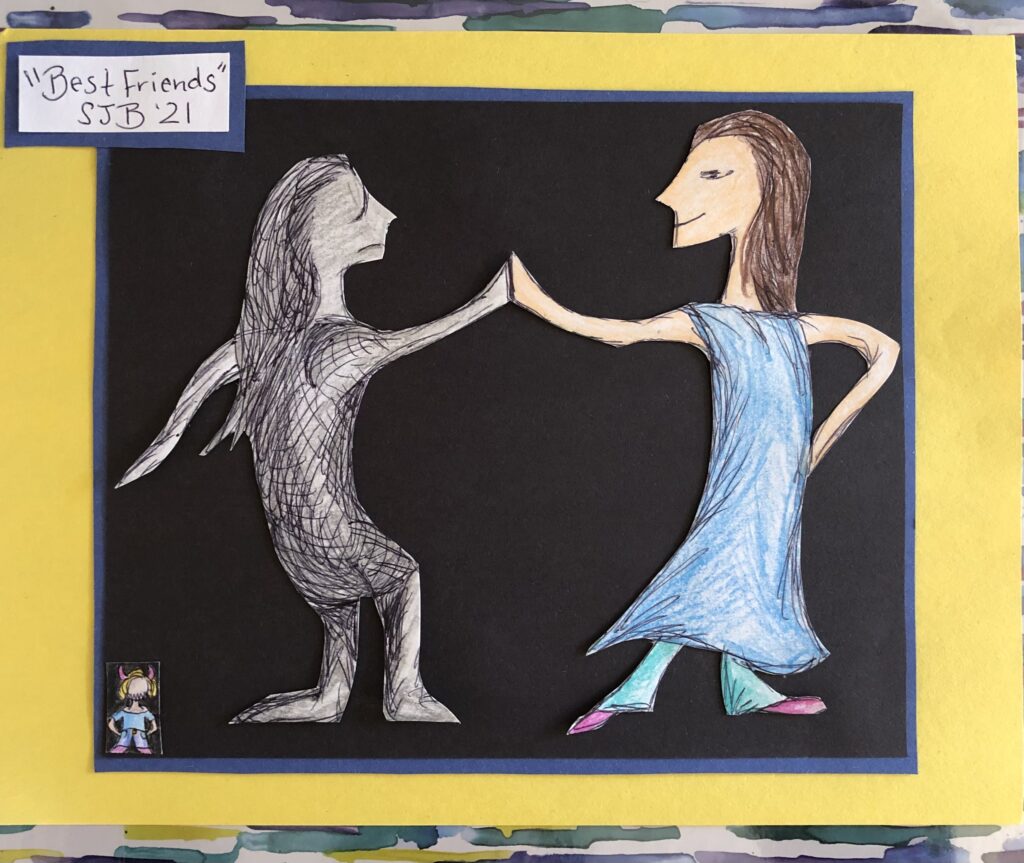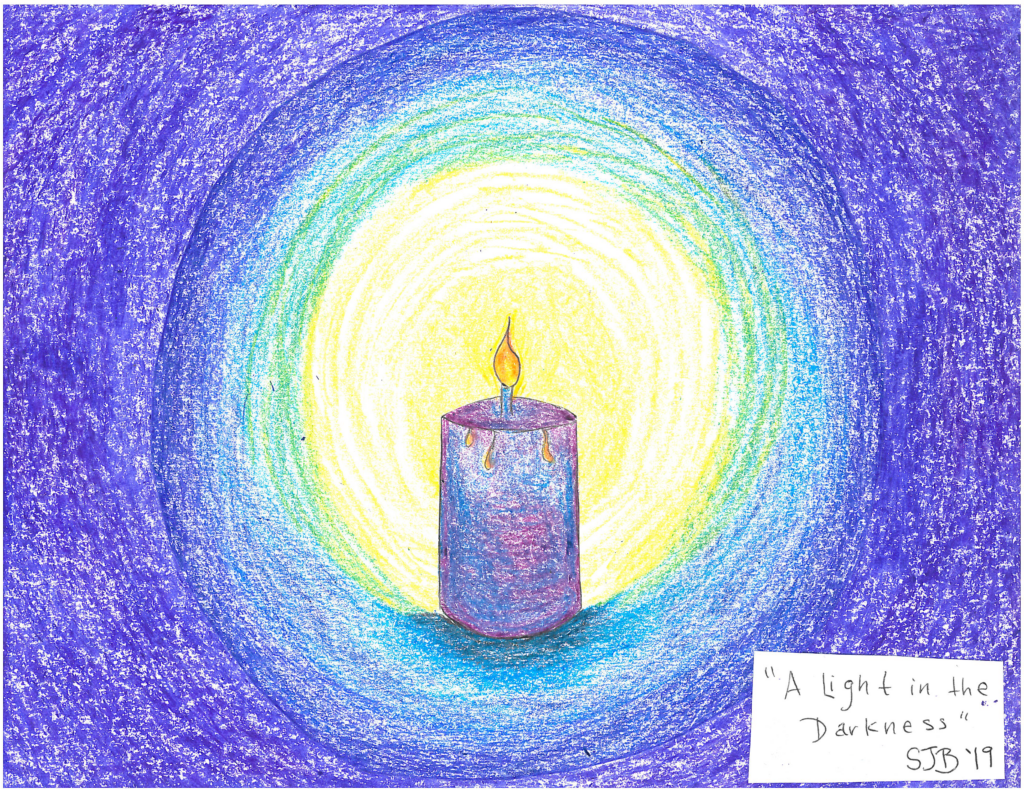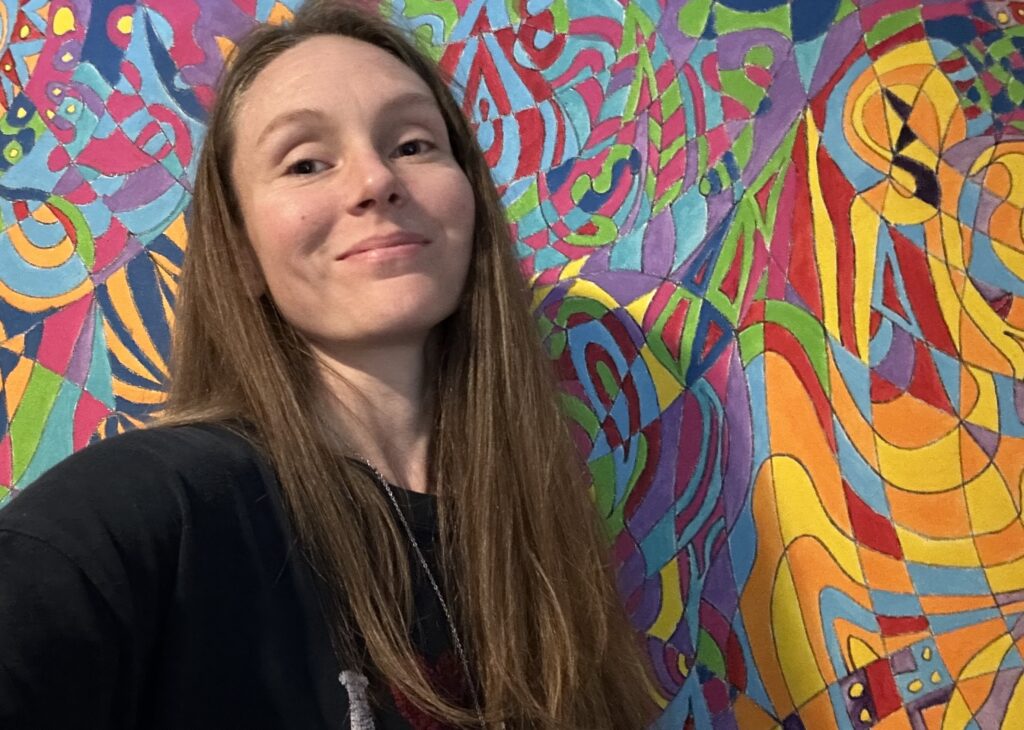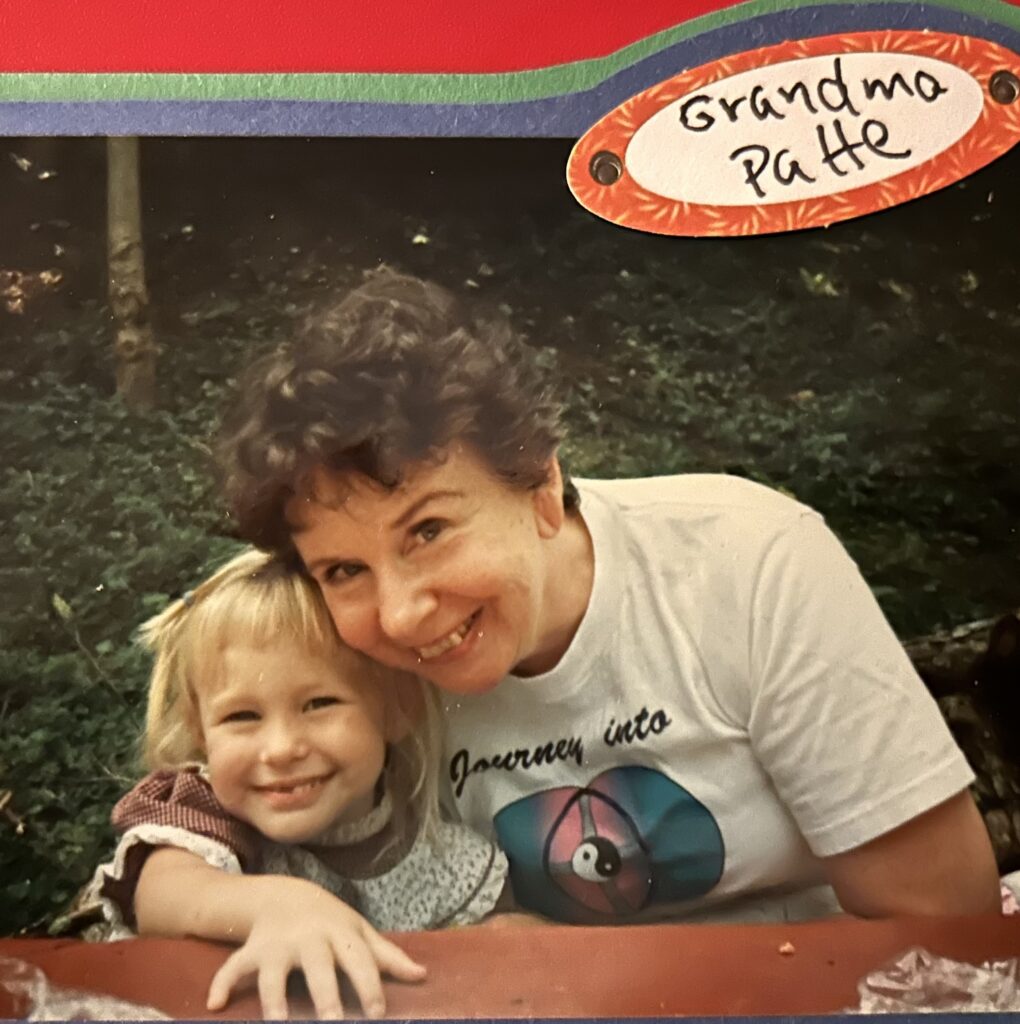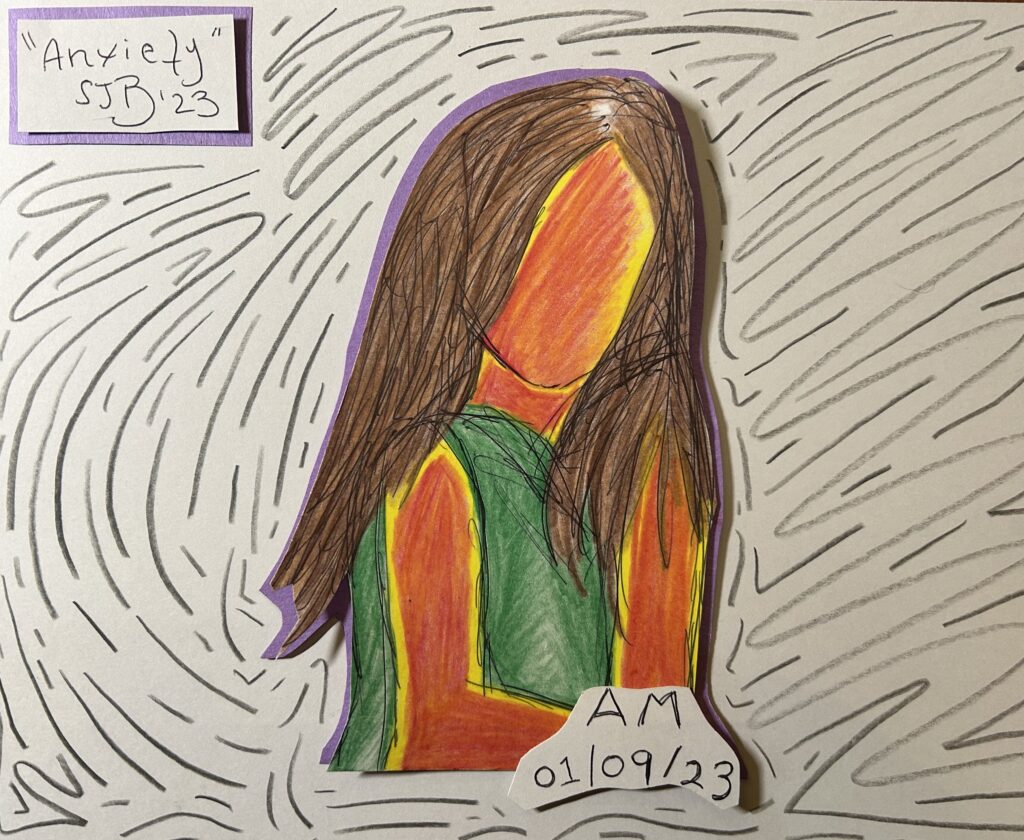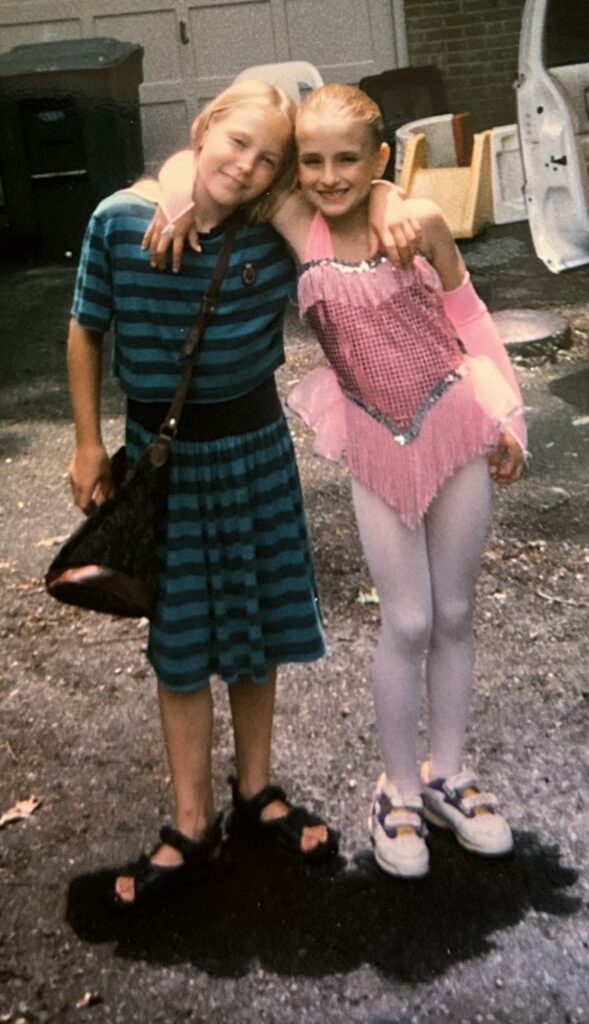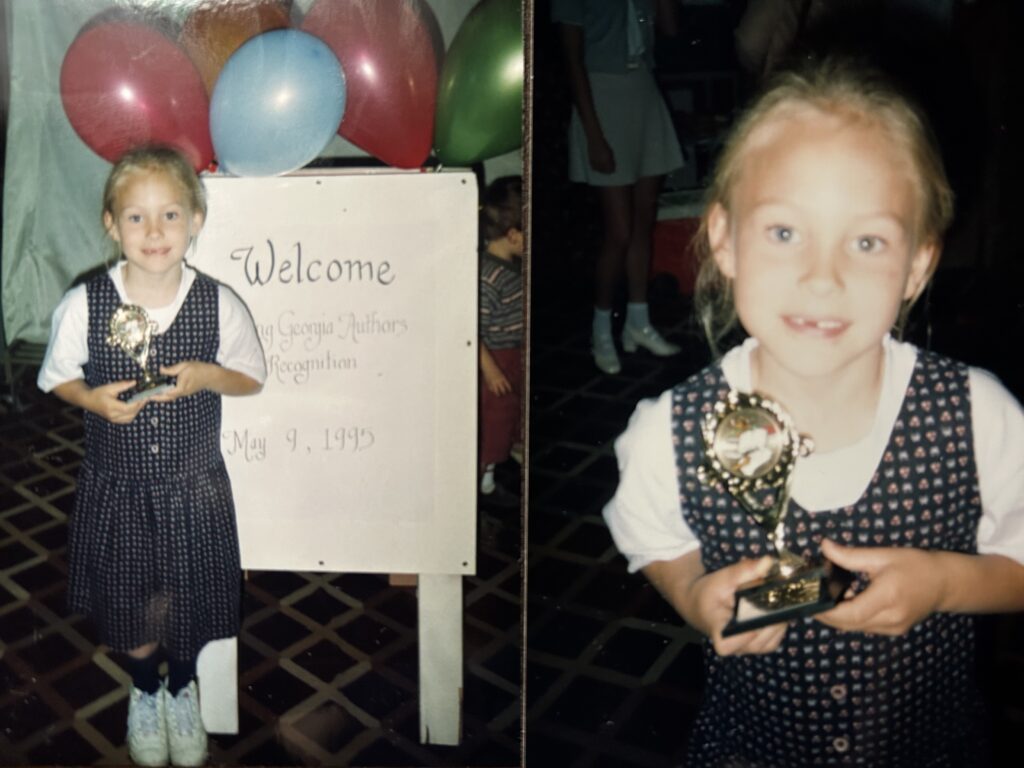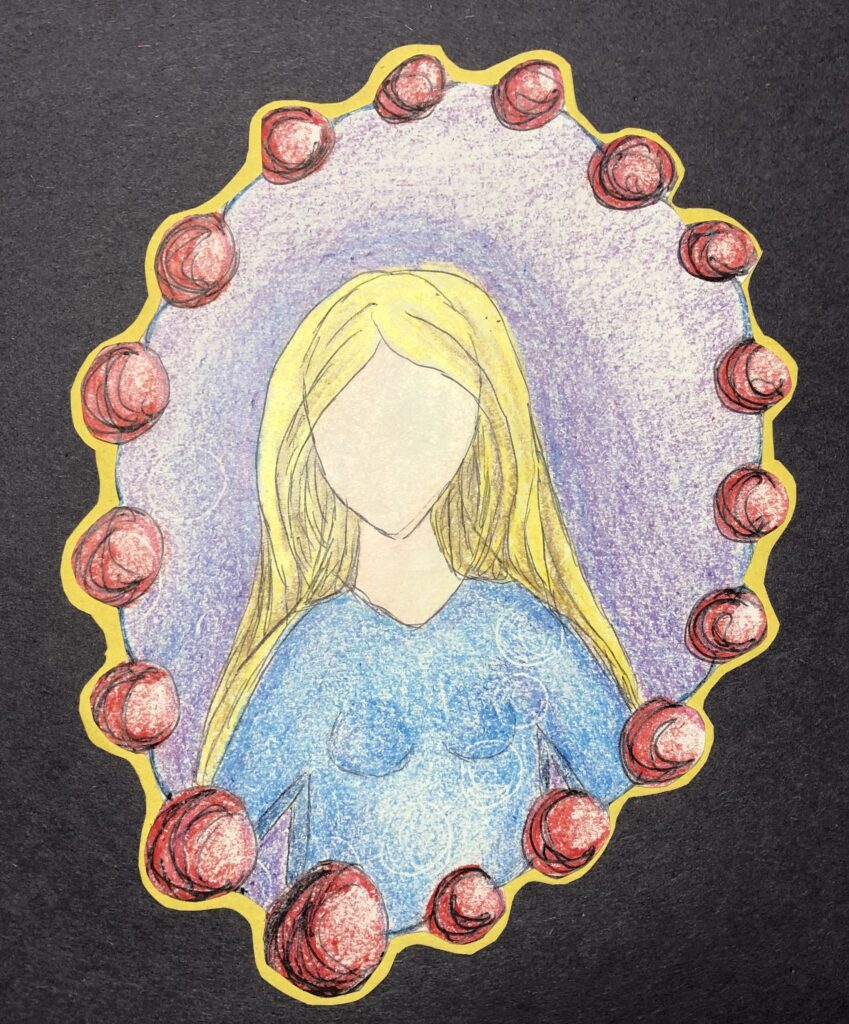
When I relocated to a small town in 2015, I was employed by an old man and his wife who owned an antique business. I refinished furniture, smashed silver to rid it of sand, lifted heavy objects, rode in a company van for drop offs and pick ups. My favorite aspects of the job were: being in the basement working alone, attending the auctions and helping with estate sales. I rescued countless treasures from the rubble. Many of those sales were spent outside. One day, drenched in sweat after a long day under the scorching kiss of the sun, I discovered an anonymous poem. I am not claiming it as my own work, but it is anonymous, so I am quoting a ghost.
–SJB
“THE MAN IN THE GLASS”
When you get what you want in your struggle for self
And the world makes you king for a day,
Just go to a mirror and look at yourself
And see what that man has to say.
For it isn’t your father or mother or wife
Whose judgement upon you must pass,
The fellow whose verdict counts most in your life
Is the one staring back from the glass.
Some people might think you’re a straight-shootin’ chum
And call you a wonderful guy.
But the man in the glass says you’re only a bum
If you can’t look him straight in the eye.
He’s the fellow to please, never mind all the rest
For he’s with you clear to the end.
And you’ve passed your most dangerous test
If the guy in the glass is your friend.
You may fool the whole world down the pathway of years
And get pats on the back as you pass,
But your final reward will be heartache and tears
If you’ve cheated the man in the glass.
–Anonymous
I know it says “man.” It doesn’t necessarily have to be a man, but it was written this way. I could not have quoted this poem if I made changes.
